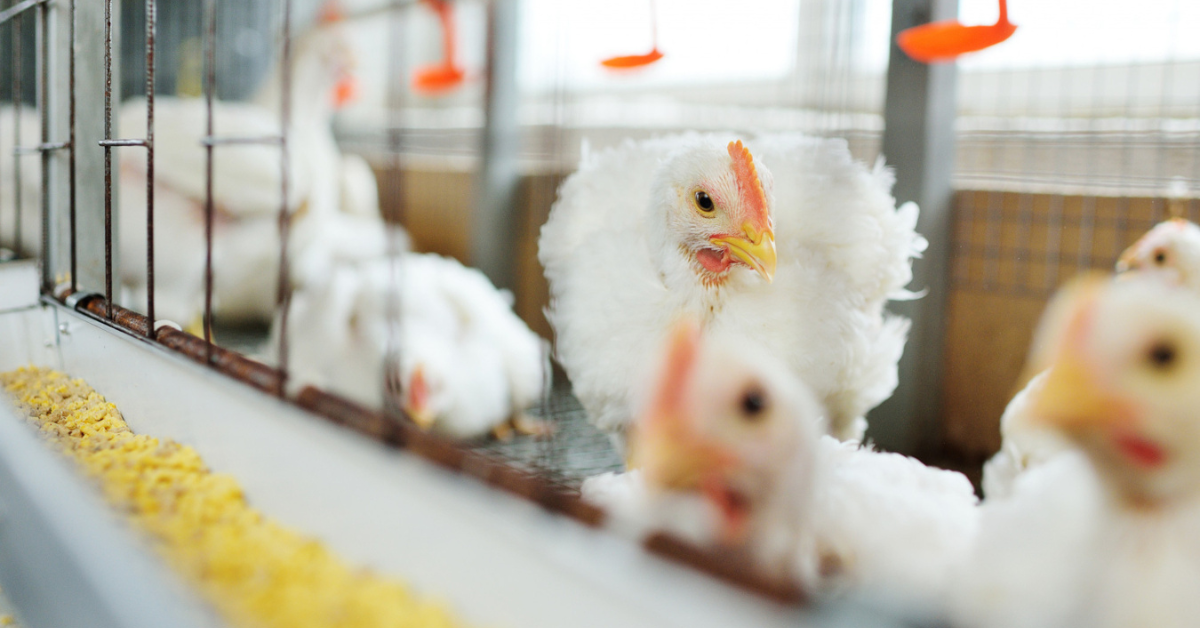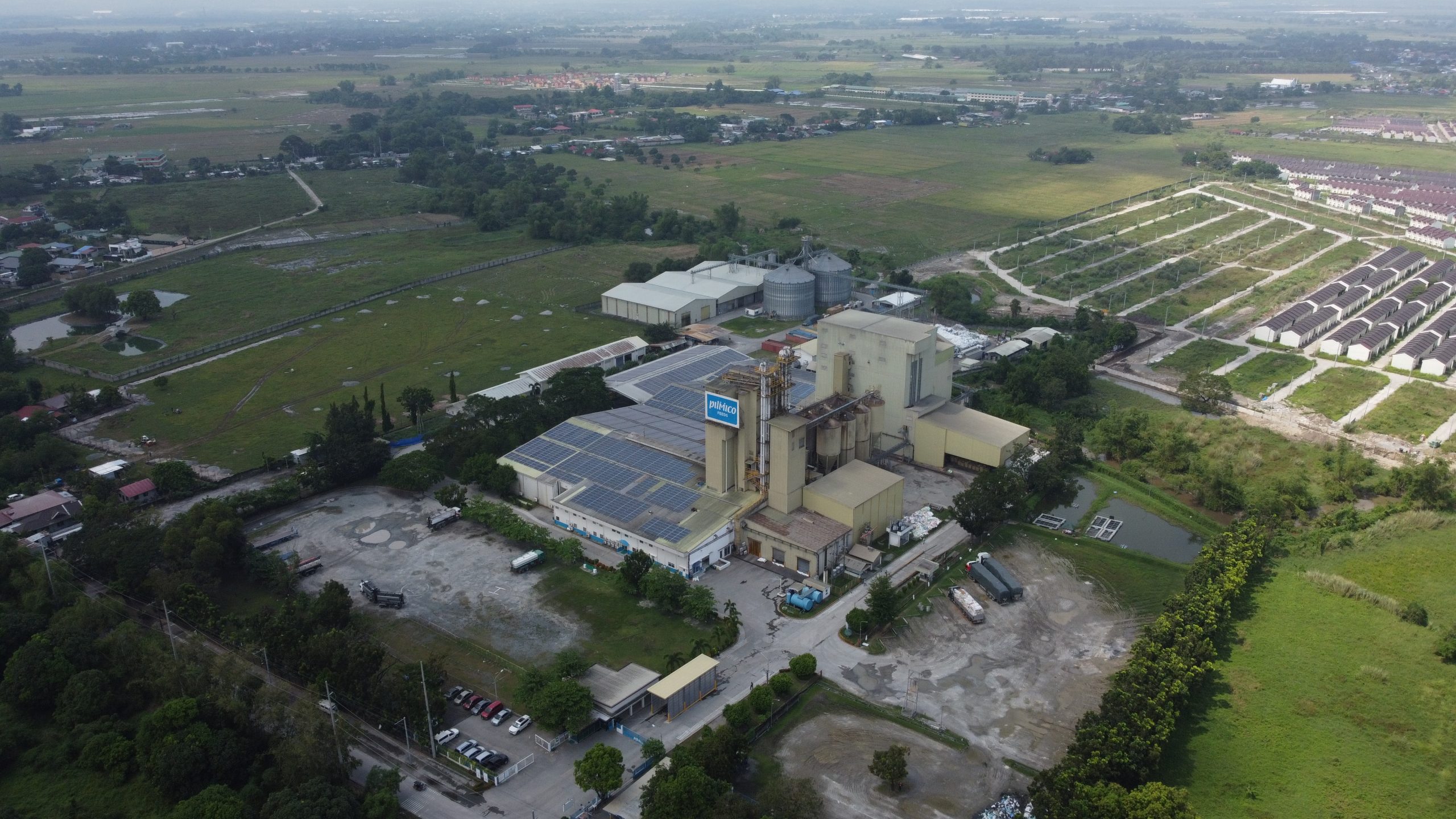
Biosecurity in Poultry: Rainy Season Preventive Measures
The rainy season can be a challenging period for poultry farmers. The increased humidity and wet conditions create an ideal environment for various poultry diseases. To ensure the health and productivity of your flock, biosecurity measures are crucial. Here, we will explore the best practices in poultry biosecurity during the rainy season.
The Impact of Rainy Season on Poultry Farms
The rainy season brings about a series of environmental changes that directly affect poultry farms. These factors can significantly impact the well-being of your birds and the overall success of your poultry operation.
- Increased Humidity: During the rainy season, humidity levels rise dramatically. This can create a conducive environment for harmful microorganisms to thrive. High humidity also affects litter quality, increasing the risk of footpad dermatitis and ammonia emissions in the poultry house.
- Wet Conditions: Continuous rainfall leads to wet and muddy conditions. Puddles of water can form in and around the chicken coop, providing breeding grounds for pathogens. Wet litter in the poultry house can also lead to various health issues, including pododermatitis, hock burn, and breast blisters.
- Outbreak of Diseases: The rainy season is often associated with an increased risk of disease outbreaks. Poultry diseases like coccidiosis, infectious bronchitis, and various bacterial infections become more prevalent in wet conditions.
Effective Poultry Management
Successful poultry management is a cornerstone of biosecurity. A well-managed poultry farm can minimize risks and maintain the health of the flock. Key aspects of poultry management during the rainy season include:
- Poultry Housing: Ensuring that the chicken coop is dry, well-ventilated, and free from leaks is essential. This involves regular maintenance and repairs to prevent water ingress.
- Feeding and Nutrition: Proper nutrition is vital for a strong immune system. During the rainy season, adjust feed formulations to account for reduced outdoor foraging. Quality poultry feeds play a crucial role in poultry health. Feeding high-quality poultry feeds from reputable suppliers like Pilmico is vital. Pilmico offers a range of feeds, including “Chick Boostex,” “Broiler Startex,” and “Broiler Finex,” that contribute to better immunity and overall health. These feeds also improve feed conversion, reducing stress on the birds.
- Poultry Health Monitoring: Regular health checks and monitoring for signs of diseases are essential. Be vigilant for any signs of illness, and consult with a poultry veterinarian if necessary.
Biosecurity Measures
Biosecurity measures are central to preventing diseases from entering your poultry farm. These measures should be tailored to your farm’s specific needs. The key biosecurity measures for the rainy season include:
Visitor Restrictions: Limiting access to the poultry farm and setting up visitor protocols can reduce the risk of disease transmission. Visitors can unseemingly bring pathogens with them, so implementing strict hygiene measures is essential.
Farm Biosecurity Protocols: Developing and implementing biosecurity plans specific to the farm’s needs is a fundamental step. These protocols should include guidelines on sanitation, flock health management, and measures to prevent disease introduction.
Equipment and Vehicle Disinfection: Proper cleaning and disinfection procedures for equipment and vehicles can prevent disease spread. This includes equipment used by farm workers, as well as vehicles that transport goods and supplies to and from the farm.
Hygiene and Cleanliness
Hygiene and cleanliness are integral parts of poultry biosecurity. Proper sanitation measures help prevent the buildup and spread of pathogens. To maintain a clean environment for your flock, consider the following precautions and measures:
- Regular Cleaning: Implement a routine cleaning schedule to remove dirt, debris, and waste from the poultry house. This includes cleaning and disinfecting waterers, feeders, and other equipment.
- Litter Management: Maintain dry and clean litter inside the poultry house. Wet litter promotes the growth of harmful microorganisms and poses health risks to the birds. Regularly replace and manage the litter to ensure a healthy environment.
- Footbaths and Entry Points: Install footbaths and establish entry points with disinfecting procedures to prevent pathogens from entering the poultry house.
- Pest Control: Implement measures to control pests like rodents and insects, which can transmit diseases. Regularly inspect and maintain traps and barriers to keep these pests in check.
Poultry biosecurity during the rainy season is a critical aspect of successful poultry farming. It involves managing environmental factors, implementing biosecurity measures, and ensuring that poultry receives the best possible nutrition.
By following these practices and incorporating high-quality feeds, you can enhance your flock’s immunity, reduce the risk of diseases, and maintain a healthy and productive poultry operation. Poultry farming is not without its challenges, but with the right preventive measures, you can safeguard the health of your birds and the success of your poultry business.
Remember, proper poultry biosecurity is a commitment to the well-being of your flock, and it’s a promise of safe and nutritious poultry products for consumers.
With the rainy season on the horizon, it’s time to start preparing. By following these guidelines, you can ensure that your poultry is well-equipped to face the challenges of the wet season.
References:
Bio-Security Measures in Poultry Farming (thepoultrypunch.com)
Biosecurity risks to poultry farms | Business Queensland
Biosecurity on the poultry farm – Poultry biosecurity – Poultry Farming (veterinariadigital.com)





